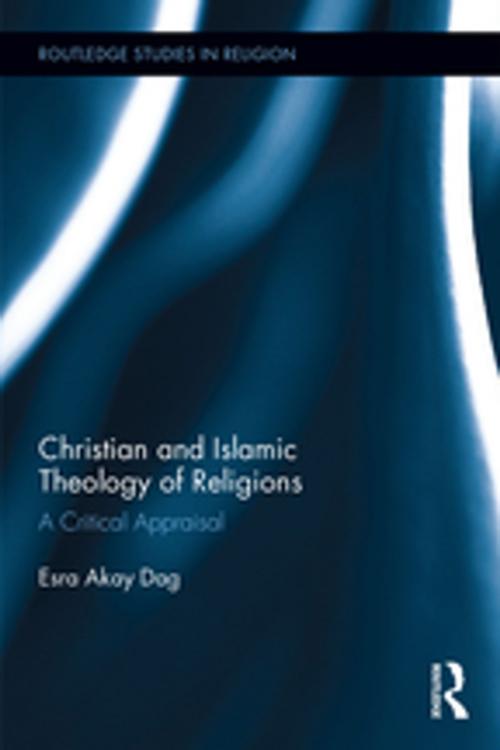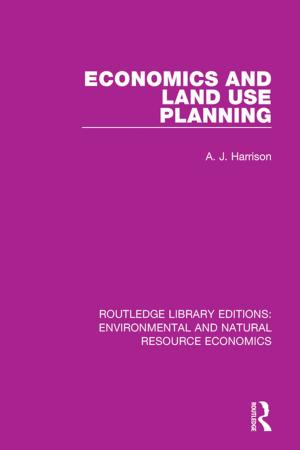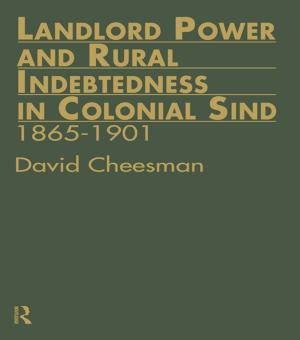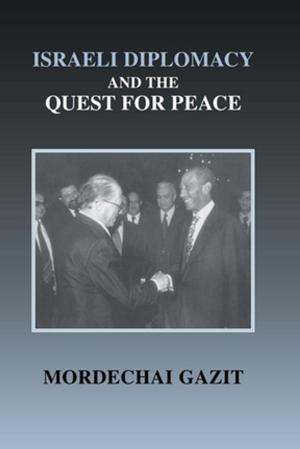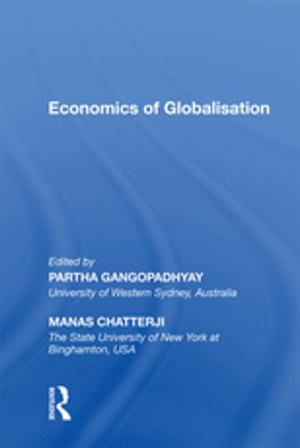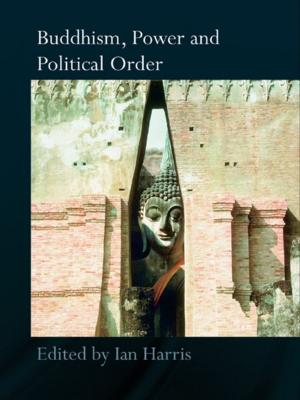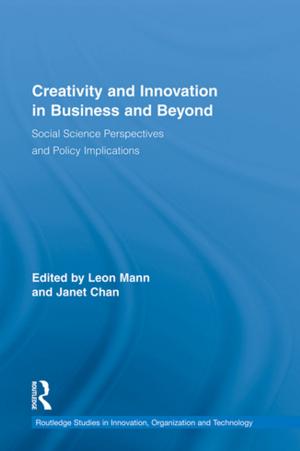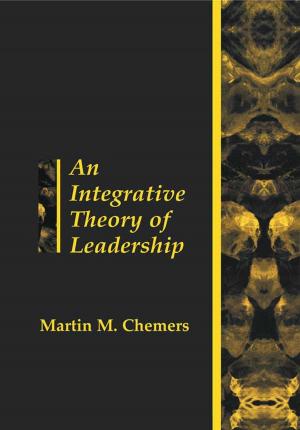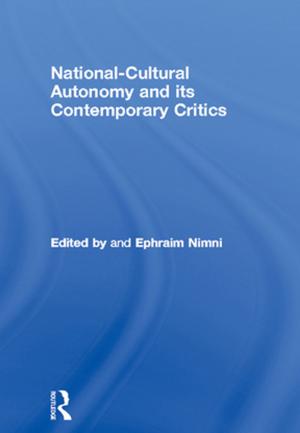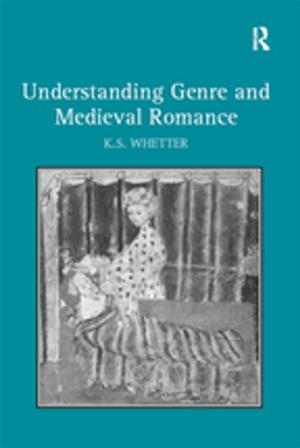Christian and Islamic Theology of Religions
A Critical Appraisal
Nonfiction, Religion & Spirituality, Reference, Comparative Religion, Middle East Religions, Islam, Theology| Author: | Esra Akay Dag | ISBN: | 9781351785730 |
| Publisher: | Taylor and Francis | Publication: | April 21, 2017 |
| Imprint: | Routledge | Language: | English |
| Author: | Esra Akay Dag |
| ISBN: | 9781351785730 |
| Publisher: | Taylor and Francis |
| Publication: | April 21, 2017 |
| Imprint: | Routledge |
| Language: | English |
Theologians have had to increasingly engage with beliefs and practises outside of their own traditions. The resultant "theology of religions" is, however, often formulated in isolation from the religions they are describing. This book provides a comparison of the development of theology of religions in Western Christianity and its application in anIslamic context. It also shows the parallels between some specific forms of theology of religions, i.e. exclusivism, inclusivism or pluralism, in both Islamic and Christian traditions.
The arguments of Christian and Muslim theologians, including the specific contributions of Rowan Williams and Jerusha Lamptey, are examined in order to reveal the interconnections and contradictions of their pluralist, exclusivist and inclusivist approaches. This provides a rounded picture of Christian-Muslim understanding of religious others and prepares the ground for a stronger and more sophisticated Islamic theology of religions.
This is vital reading for those studying theology of religions, comparative theology and interfaith relations.
Theologians have had to increasingly engage with beliefs and practises outside of their own traditions. The resultant "theology of religions" is, however, often formulated in isolation from the religions they are describing. This book provides a comparison of the development of theology of religions in Western Christianity and its application in anIslamic context. It also shows the parallels between some specific forms of theology of religions, i.e. exclusivism, inclusivism or pluralism, in both Islamic and Christian traditions.
The arguments of Christian and Muslim theologians, including the specific contributions of Rowan Williams and Jerusha Lamptey, are examined in order to reveal the interconnections and contradictions of their pluralist, exclusivist and inclusivist approaches. This provides a rounded picture of Christian-Muslim understanding of religious others and prepares the ground for a stronger and more sophisticated Islamic theology of religions.
This is vital reading for those studying theology of religions, comparative theology and interfaith relations.
